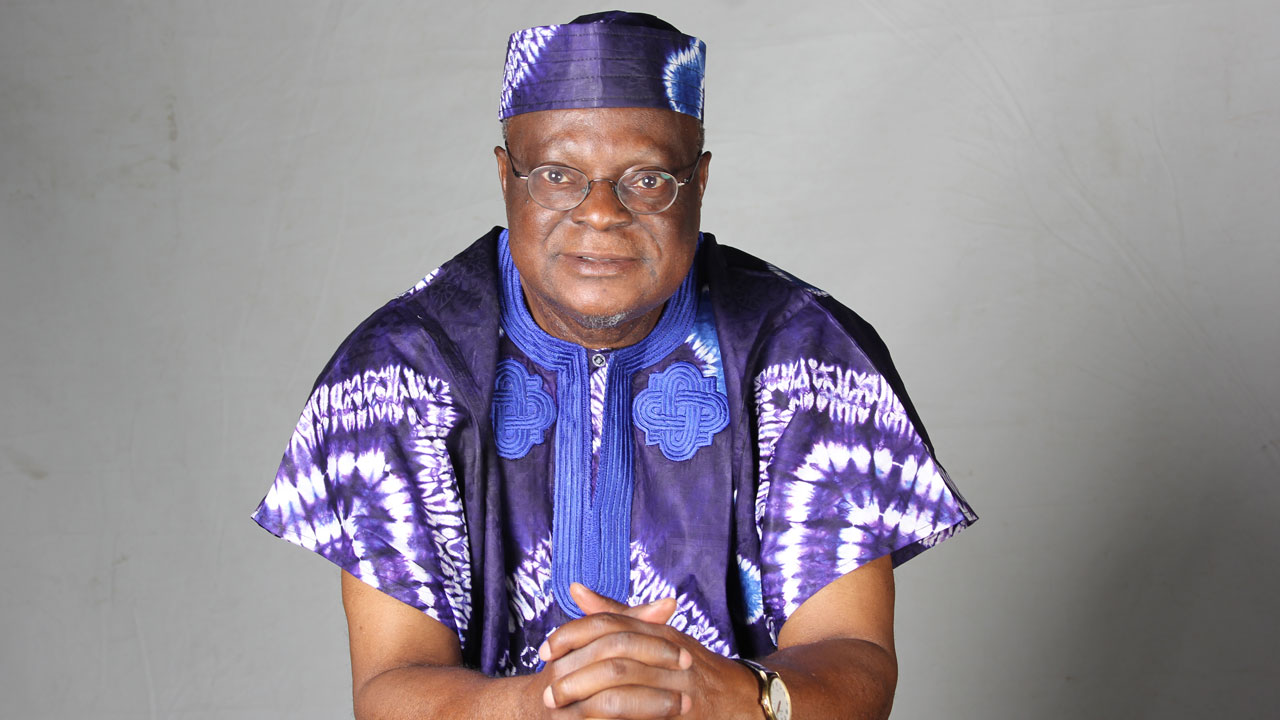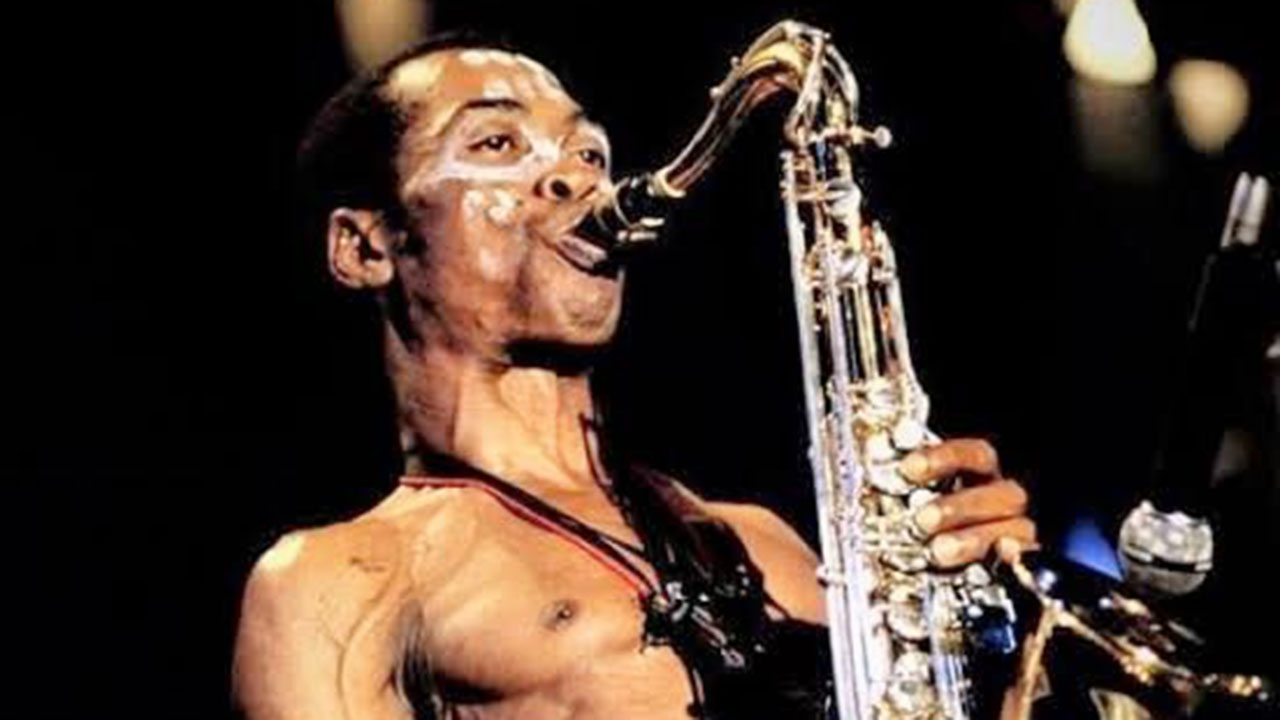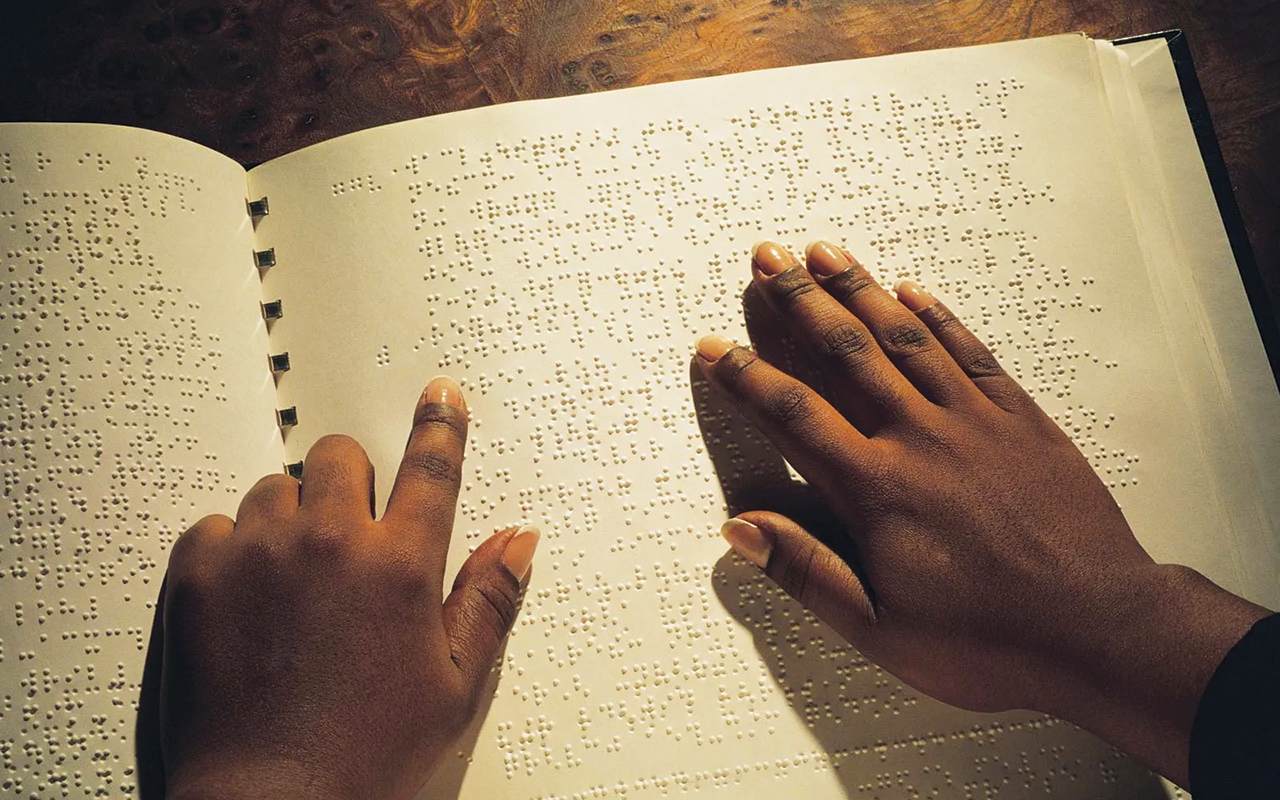
Recently, Femi Osofisan’s latest play, Medaye: A Re-Reading for the African Stage of Euripides’ Medea, was performed at Helendale Suites, Oba Abimbola Street, Agodi GRA, Ibadan, Oyo State.
The close to two hours performance, which started at about 6.00pm, had the 19th century Yoruba tribal wars as its setting. Dr. Tunde Awosanmi, a senior lecturer at the Department of Theatre Arts, University of Ibadan directed the play, which is a collaboration between the acclaimed dramatist, Prof. Osofisan and Prof. Olakunbi Olasope. It was an imaginative attempt by Osofisan to reinterpret the original Greek play.
According to Prof. Olasope, who is head, Classics Department at the University of Ibadan, the play is in furtherance of her campaign for the playwright to adapt some Greek classics for African audience as a means of promoting its study.
“It is always exhilarating to collaborate with Tunde on any project,” she said. Medaye is melodramatic and treats the subject of love — But the love is not mutual. The major character, a mother, is consumed in blind jealousy and mindless revenge, which leads to killing her children.
After the performance, a viva session held, which the playwright said would guide the play’s final outcome. Prof. Nelson Fashina of the English Department, University of Ibadan, said the play is an attempt at creating individuality, irrespective of the Greek adaptation. “There are many perspectives to the play — historical, spiritual, political, melodramatic, political and feminist.”
While lauding the director for the costume and choreography, the renowned broadcaster, Mr. Yomi Layinka, said it was a great performance. “It was a full reading,” adding, “there is a resurgence of art and culture in Ibadan.”
For Ifeoluwa Dorcas Ojo, a graduate of Dramatic Arts, Obafemi Awolowo University, Ile-Ife, Osun State, the thematic pre-occupation of the playwright captivated her. Ojo, who works at the Tunde Odunlade Art and Culture Centre, Ibadan, said: “It feels like love was compelled. Love should be mutual. Otherwise, it will be catastrophic. Love should be built on purpose.”
An art enthusiast, Mr. Wale Michael, said it was a fantastic performance. However, he pointed out: “The character, Kunrunmi, was projected too weak. He should be celebrated.”
Prince Tunde Odunlade, a global dance and drum artiste said: “It was magnificent. If only we can have more of this, our society can be helped.”
Mr. Yinka Fabowale, a popular journalist and columnist, said there were a lot of things for resolutions in the play. “It is a period play. It has to be situated on what was obtainable at that time,” the columnist said.
Responding, Prof. Osofisan said he was happy with the hot debate generated by the reading. It is a reading not an adaptation. Our society is sexual. Social media is for sex; women will be naked. We will do production before the end of the year. It is still a work in progress.”
Speaking on the performance, Professor Olasope said: “This re-reading of Medaye is our latest effort, although it has been over 10 years in the making. I approached Osofisan when he was going to Germany in 2011 as a Playwright in Residence at the Centre for Interweaving Performance, Freie University, Berlin, to explore the possibility of another adaptation of a Greek tragedy, the Medea of Euripides, since the centre’s focus that year was on Adaptation of Greek Tragedies.”
She said Osofisan was reluctant to write this particular adaptation because it was totally alien to Nigerian culture for a mother to kill her children in blind jealousy and mindless revenge.
“The writing was a tedious process for him, but happily, the outcome has been gratifying,” she said. On the motivation for the work, Olasope said: “The rationale is to promote classical studies in schools since Latin and Greek have been de-centred. There is no aspect of learning that one will not encounter in classics. Greek classics gave us medicine and philosophy. Greek and Latin are alive in other European languages. Roman technology and architecture are vibrant. They are there for all to see. Classics came with colonialism, but classics have been de-colonised, and Greek drama played a considerable role in achieving this. To prove this, there is a sub-field in classics, which is called the Reception of Classical Studies, a field of study, which embraces the reception of everything antiquity, adaptations of original works belongs to this field.
“So, I thought staging the Greek plays interspersed with the adaptations would revive interest in the discipline of classics. I believe one of the best ways to do this is to perform Greek plays in translation and adaptation. Greek drama has been a catalyst in the West as there has been a virtual explosion of performances of Greek plays and its adaptations in the last three decades.
“At the reading workshop performances that we had in Ibadan, which could be described as the participation of the audience in the writing process of the play and this, as a matter of fact, is a strategy in Theatre for Development to improve the content of a play. The discussions elucidated the syncretism in Greek and Yoruba pantheons and mythologies. For instance, you know that Greek/Yoruba polytheism conveniently allowed for the distribution of gender attributes among different deities. It also allowed a metamorphosing of Greek tragedy into a Yoruba play without necessarily having a prior knowledge of the ‘Pre-text’.”






